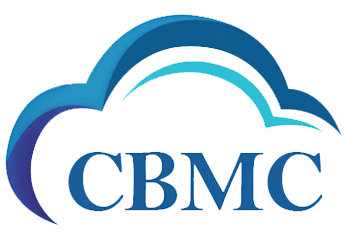Economic Substance Regulation (ESR)
The Economic Substance Regulation (ESR) is a set of regulations issued by the United Arab Emirates (UAE) to promote transparency and combat harmful tax practices. The ESR requires UAE-based businesses that carry out certain activities to meet economic substance requirements. Here are some key aspects of ESR compliance in the UAE:
- Legal Framework: The ESR is governed by Cabinet Resolution No. 31 of 2019, as amended by Cabinet Resolution No. 57 of 2020.
- Scope: The ESR applies to UAE-based businesses that carry out certain activities, including banking, insurance, intellectual property, holding company, shipping, and distribution and service center activities.
- Economic Substance Requirements: UAE-based businesses that fall within the scope of the ESR are required to meet certain economic substance requirements, including having adequate premises, employees, and expenditure in the UAE, and conducting core income-generating activities in the UAE.
- Notification and Reporting: UAE-based businesses are required to notify the relevant regulatory authority of their activities and whether they fall within the scope of the ESR, and to submit an annual report demonstrating compliance with the economic substance requirements.
- Penalties: Penalties may be imposed for non-compliance with the ESR, including fines, suspension or revocation of licenses, and reputational damage.
- Regulatory Oversight: The regulatory authority responsible for overseeing ESR compliance varies depending on the activity carried out by the business, and may include the Ministry of Economy, the Dubai International Financial Centre, or the Abu Dhabi Global Market.
Adhering to ESR compliance regulations helps to ensure that businesses operate with transparency and in compliance with international tax standards, and helps to promote the UAE’s reputation as a global business hub.
